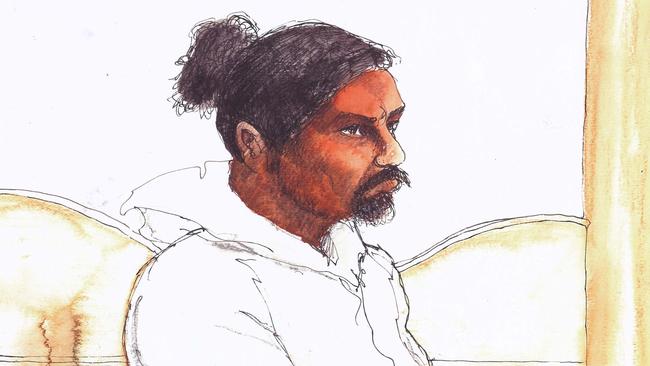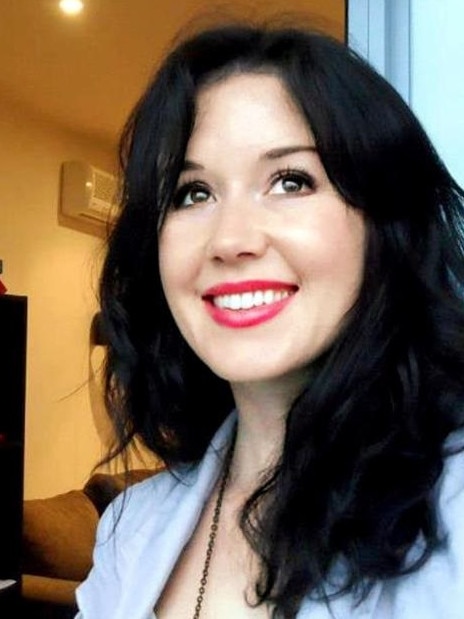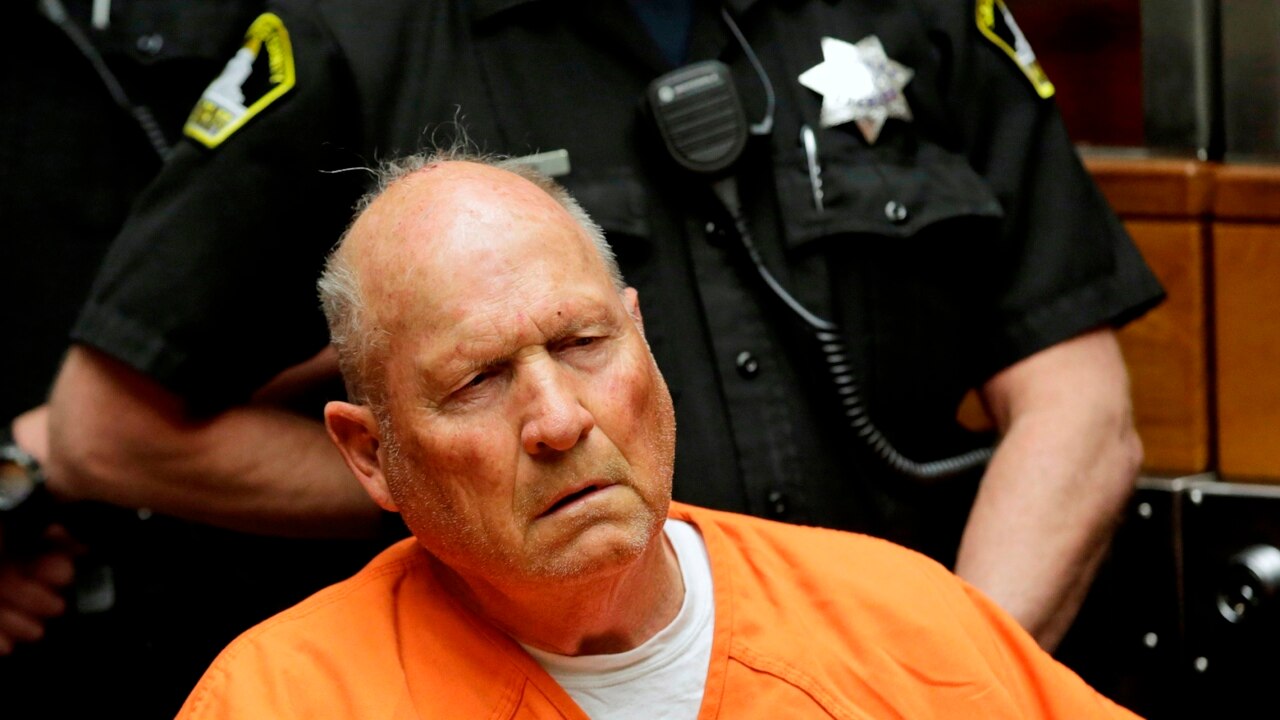David Penberthy: When it comes to the ultimate and most brutal form of disrespect towards women, the criminal justice system still hasn’t got the memo
We can spend all the time we like on gender equity courses and white ribbons but without a harsh reality check the most brutal kind of disrespect for women will remain, writes David Penberthy.

Opinion
Don't miss out on the headlines from Opinion. Followed categories will be added to My News.
- Aiden Harvey Driver ‘still likes the concept of rape’
- How to get the most from your Advertiser subscription
The death of Jill Meagher stands as a high watermark in the capacity both for human evil and the inability of our justice system to protect innocent women from those who are demonstrably and irretrievably despicable.
Much was said and written after her death in 2012 about how it would force change, how it had to force change.
There were public memorials in her memory and mountains of flowers piled up on the street in Brunswick, Melbourne, but reading the details of one court case this week, it is hard to avoid the bleak conclusion all that outcry was for nought as not that much has changed in the way we treat the men who do these brutal things to women.
The beast who killed Jill Meagher had raped more than 20 women and been apprehended and found guilty of several of those rapes before murdering the 29-year-old Melbourne journalist.
It is worth recapping some of the lowlights from his vast rap sheet to give you a sense of how evil he was, and how many chances we as a society had through the courts to stop him from continuing.
Adrian Ernest Bayley committed his first rape in 1990 when he was 19, when he held a teenage girl hostage in his home. He was arrested but got bail, and while on bail attacked a 17-year-old girl walking home from a bus stop. Three months later he picked up a hitchhiker, aged 16, and attacked her. She identified him and he was charged and pleaded guilty. He was sentenced to five years with a minimum of three but (for some reason) was released from jail in 1993 after serving just 22 months.


Bayley’s base urges re-emerged in 2000 when he committed the first of six rapes of women in the St Kilda area. Each woman was driven to a lane and violently raped in his car. He was arrested the following year over five of these attacks and sentenced to 11 years with a minimum of eight, but again got out in less than seven years after completing sex offender treatment in prison.
While on parole, he coward-punched a bloke outside a Geelong cafe in 2011, raped another woman in St Kilda, he then raped a Dutch backpacker after offering her a lift home, and on September 22, 2012, he attacked Jill Meagher as she walked home in Brunswick.
After his arrest for that crime, Bayley was charged with three new counts of rape, and is now behind bars with a minimum non-parole period of 35 years.
The truly galling thing about this man’s record is how it is literally teeming with chances for the justice system to intervene and recognise an unchanging pattern of behaviour, and to keep placing women at risk.
Fast forward a decade and there is a case of national significance unfolding in Adelaide involving a three-time rapist who is now seeking freedom, even though the court has heard credible evidence that he still fantasises about the idea of sexually attacking women.
It is beyond me as to why a man who has made that admission can find a friendly hearing in a taxpayer-funded trial to determine his freedom.
Aiden Harvey Driver, 29, is known as the Linear Park rapist, named after Adelaide’s popular River Torrens walking track where he raped three women in a spate of terrifying home invasions and random attacks in 2009.
He has served his sentence and wants to move from SA to the NT, but he has made what the SA Government’s own lawyers called a “startling” admission to doctors that he still “likes the concept of rape a little” despite intensive therapy.
Adelaide Supreme Court heard this week that Driver remains an uncontrollable sex predator.
Karim Soetratma, for the government, said doctors feared Driver could not be stopped by home detention or electronic monitoring, nor deterred by the risk of arrest.
“It is positively alarming and concerning that he made the startling statement that he ‘liked the idea of rape’ and, when asked how much, said he liked the idea ‘a little’,” he said.
“That he likes the concept of rape at all, after the years he has spent in custody and the level of treatment he has had, is concerning.
“Driver presents a 24-hour risk to women whichever state or territory they be in … he has no understanding that rape is bad for anyone other than himself.
MORE NEWS
Michael McGuire: Fans must face footy’s record of racism after Muir story
Tory Shepherd: Not every cell is sacred but these ones are great
Caleb Bond: Crook borders bans lack humanity
“It would be unconscionable for this court, knowing what it does about the risk this man poses to women, to simply say ‘go free past the borders of SA, unrestrained and unsupervised, for it’s not our problem anymore’.”
Here’s the thing. We can spend all the time we like going on training courses about gender equity, we can sign on to White Ribbon Day events and support groups such as Our Watch, we can talk about gendered language and checking our sexism – but when it comes to the ultimate and most brutal form of disrespect towards women, the criminal justice system still hasn’t got the memo.
Part of that starts with the way the penalties are framed.
Raping one woman is bad enough but I suppose some of the worst people can be redeemed, and if an offender has taken requisite steps towards addressing their behaviour and shown due remorse, maybe they deserve another chance.
But two women? Three?
The treatment of Adrian Ernest Bayley showed that when it comes to this most sickening offence, it is a case of three strikes and you’re out – by which I mean out of jail.
Enough is enough. There are big rewards on offer for any government that gets serious about this and sets some genuinely harsh parameters for the treatment of these disgraceful men. They should surrender the right to return to the streets.




